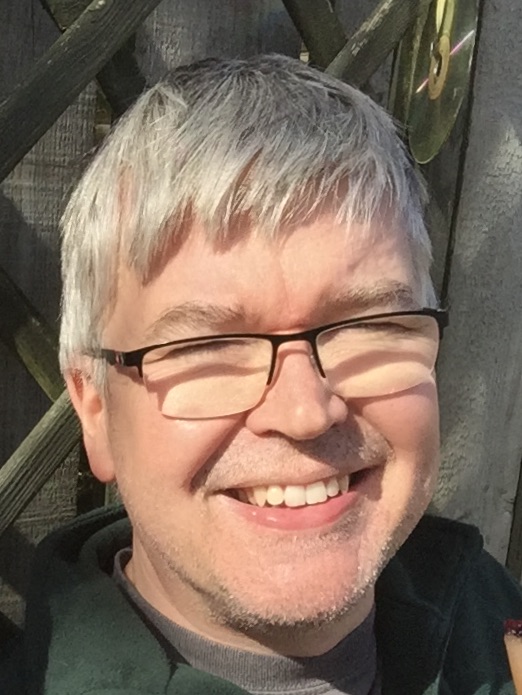
In coming weeks we will be including some more personal views of the project from members of the research team, and some of our FiY1 partners. In this post Bryan Burford describes the genesis of the project.
~
As the pace of the covid-19 pandemic changed rapidly in the first weeks of March, I remember thinking what a strange time it must be to be a medical student approaching graduation, unsure of how it may shape the already uncertain period of transition to clinical practice.
When I became aware of the FiY1 initiative, early in lockdown, I was struck by what this would mean for graduates. The acceleration from thinking that there are a few months of medical school remaining, to potentially starting work in a few weeks, with no final exams, must be very unsettling, to say the least!
On the other hand, knowing many medical students and how keen final years are to enter practice and apply all they have learned, I thought that many must be feeling excited at the prospect of having a period of work before starting Foundation Programme.
Conversely, those who do not take on an FiY1 post – either through choice, or because they did not graduate early – must also be having mixed feelings.
These thoughts resonated with much of the work Gill Vance and I have been doing over the last few years around transitions through medical school and beyond – questions of ‘preparedness’ and personal adjustments to practice, and challenges to the wellbeing of medical students and doctors.
We quickly drafted an outline proposal and having already started building relationships with other medical education researchers across the UK as part of the development of the NIHR Incubator in Clinical Education, were soon able to pull together a team and a plan. The GMC agreed to fund the project, and by May we were finalising the questionnaire materials you have seen and approaching other stakeholders to support data collection.
While the rapid development of projects is not new to us, the pace of this felt new – in part because the world was changing to rapidly around us, and so any data we collect would be far more time-critical than in ‘normal’ times (hence the longitudinal design). There’s also an awareness that this is a historic moment, and we have a unique opportunity to hear from the ‘class of covid’ (a phrase I came across on Twitter, used by newly graduating medical students).
We also have to consider that this may not be the last pandemic – and indeed that the current one is by no means over. Understanding the experience of starting work in such unusual circumstances now – whether as FiY1 or as F1 in August – will help ensure that any future changes are informed by the best evidence.
Learning from this unusual set of circumstances may also guide approaches to best address the longstanding challenges of the transition to professional practice in the ‘new normality’.
